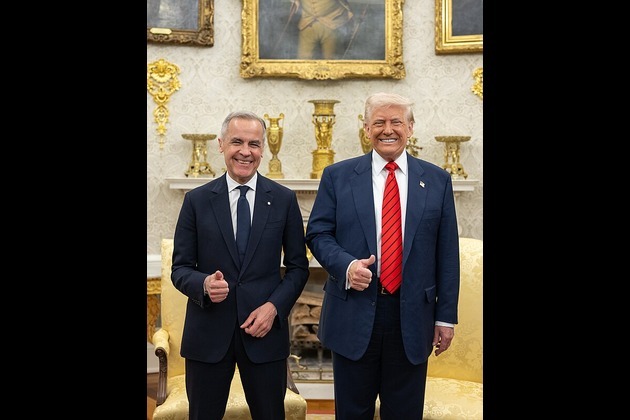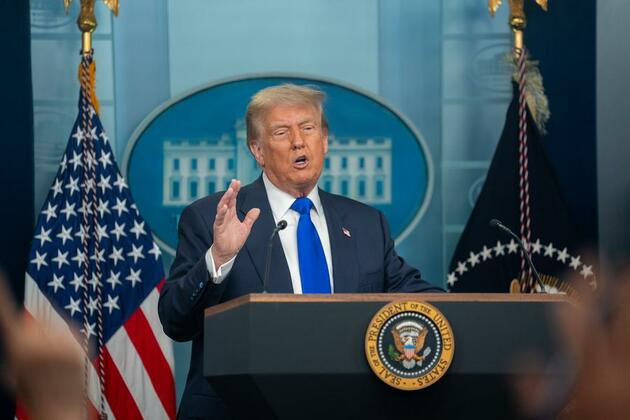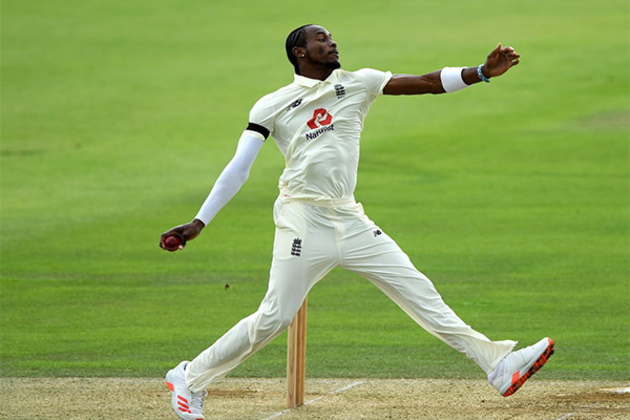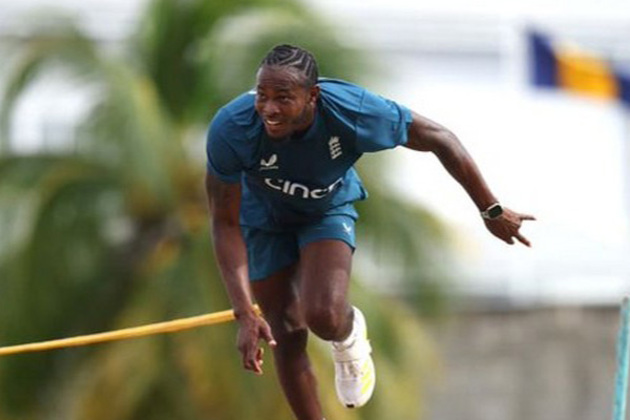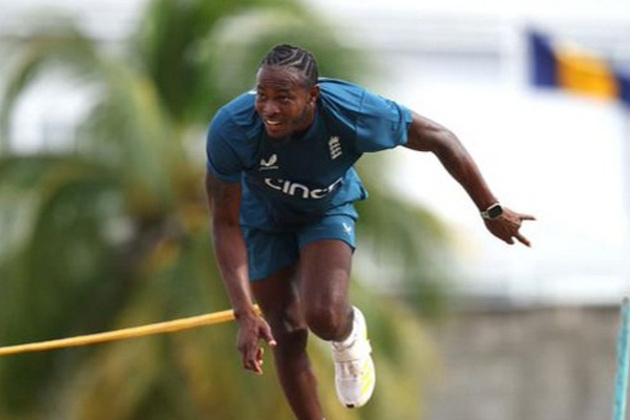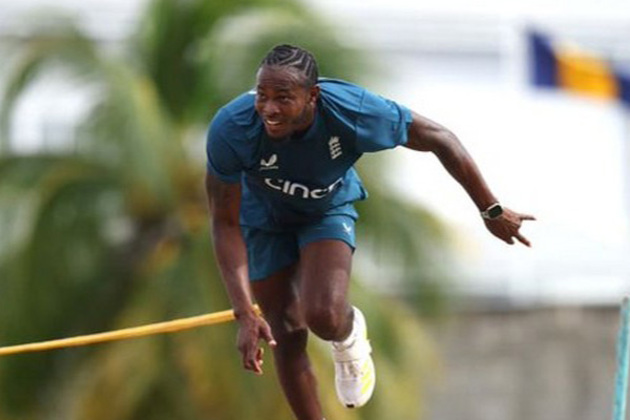A brief history of black names, from Perlie to Latasha
The Conversation
23 Jan 2020, 19:55 GMT+10

Most people recognize that there are first names given almost exclusively by black Americans to their children, such as Jamal and Latasha.
While fodder for comedians and social commentary, many have assumed that these distinctively black names are a modern phenomenon. My research shows that's not true.
Long before there was Jamal and Latasha, there was Booker and Perlie. The names have changed, but my colleagues and I traced the use of distinctive black names to the earliest history of the United States.
As scholars of history, demographics and economics, we found that there is nothing new about black names.
Black names aren't new
Many scholars believe that distinctively black names emerged from the civil rights movement, perhaps attributable to the Black Power movement and the later black cultural movement of the 1990s as a way to affirm and embrace black culture. Before this time, the argument goes, blacks and whites had similar naming patterns.
Historical evidence does not support this belief.
Until a few years ago, the story of black names depended almost exclusively on data from the 1960s onward. New data, such as the digitization of census and newly available birth and death records from historical periods, allows us to analyze the history of black names in more detail.
We used federal census records and death certificates from the late 1800s in Illinois, Alabama and North Carolina to see if there were names that were held almost exclusively by blacks and not whites in the past. We found that there were indeed.
For example, in the 1920 census, 99% of all men with the first name of Booker were black, as were 80% of all men named Perlie or its variations. We found that the fraction of blacks holding a distinctively black name in the early 1900s is comparable to the fraction holding a distinctively black name at the end of the 20th century, around 3%.
What were the black names back then?
We were interested to learn that the black names of the late 1800s and early 1900s are not the same black names that we recognize today.
The historical names that stand out are largely biblical such as Elijah, Isaac, Isaiah, Moses and Abraham, and names that seem to designate empowerment such as Prince, King and Freeman.
These names are quite different from black names today such as Tyrone, Darnell and Kareem, which grew in popularity during the civil rights movement.
Once we knew black names were used long before the civil rights era, we wondered how black names emerged and what they represented. To find out, we turned to the antebellum era - the time before the Civil War - to see if the historical black names existed before the emancipation of slaves.
Since the census didn't record the names of enslaved Africans, this led to a search of records of names from slave markets and ship manifests.
Using these new data sources, we found that names like Alonzo, Israel, Presley and Titus were popular both before and after emancipation among blacks. We also learned found that roughly 3% of black Americans had black names in the antebellum period - about the same percentage as did in the period after the Civil War.
But what was most striking is the trend over time during enslavement. We found that the share of black Americans with black names increased over the antebellum era while the share of white Americans with these same names declined, from more than 3% at the time of the American Revolution to less than 1% by 1860.
By the eve of the Civil War, the racial naming pattern we found for the late 1800s was an entrenched feature in the U.S.
Why is this important?
Black names tell us something about the development of black culture, and the steps whites were taking to distance themselves from it.
Scholars of African American cultural history, such as Lawrence W. Levine, Herbert Gutman and Ralph Ellison, have long held that the development of African American culture involves both family and social ties among people from various ethnic groups in the African diaspora.
In other words, people from various parts of Africa came together to form black culture as we recognize it today. One way of passing that culture on is through given names, since surnames were stolen during enslavement.
How this culture developed and persisted in a chattel slavery system is a unique historical development. As enslavement continued through the 1800s, African American culture included naming practices that were national in scope by the time of emancipation, and intimately related to the slave trade.
Since none of these black names are of African origin, they are a distinct African American cultural practice which began during enslavement in the U.S.
As the country continues to grapple with the wide-ranging effects of enslavement in the nation's history, we cannot - and should not - forget that enslavement played a critical role in the development of black culture as we understand it today.
[ Like what you've read? Want more? Sign up for The Conversation's daily newsletter. ]
Author: Trevon Logan - Hazel C. Youngberg Distinguished Professor of Economics, The Ohio State University 
 Share
Share
 Tweet
Tweet
 Share
Share
 Flip
Flip
 Email
Email
Watch latest videos
Subscribe and Follow
Get a daily dose of Raleigh Times news through our daily email, its complimentary and keeps you fully up to date with world and business news as well.
News RELEASES
Publish news of your business, community or sports group, personnel appointments, major event and more by submitting a news release to Raleigh Times.
More InformationBusiness
SectionCanadian tax on US tech giants dropped after Trump fury
WASHINGTON, D.C.: On Friday, President Donald Trump announced that he was halting trade discussions with Canada due to its decision...
Trump-backed crypto project gets $100 million boost from UAE fund
LONDON, U.K.: A little-known investment fund based in the United Arab Emirates has emerged as the most prominent public backer of U.S....
DIY weight-loss drug trend surges amid high prices, low access
SAN FRANCISCO, California: Across the U.S., a growing number of people are taking obesity treatment into their own hands — literally....
Apple allows outside payment links under EU pressure
SAN FRANCISCO, California: Under pressure from European regulators, Apple has revamped its App Store policies in the EU, introducing...
Euro, pound surge as U.S. rate cut odds grow after Powell hint
NEW YORK CITY, New York: The U.S. dollar tumbled this week, hitting its lowest levels since 2021 against the euro, British pound, and...
Sam’s Club fulfillment center to shut in Texas, jobs impacted
NEW YORK CITY, New York: Walmart is set to close a major Sam's Club fulfillment center in Fort Worth, Texas, as part of a shift in...
North Carolina
SectionJob board pioneers CareerBuilder, Monster face bankruptcy
NEW YORK, U.S.: Two giants of the early internet job search era—CareerBuilder and Monster—have formally filed for bankruptcy protection,...
Roundup: Trump's tax and spending bill faces Democratic resistance, GOP divisions as Senate debate begins
GOP leaders are determined to advance Trump's signature agenda. But the bill's complexity, internal party fractures and Democratic...
Archer to feature for England at Edgbaston? Rob Key teases return of "world-class" speedster against India
London [UK], June 28 (ANI): ECB managing director of men's cricket, Rob Key, dropped a subtle hint about tearaway Jofra Archer's return...
"I wouldn't be rushing Archer at this stage...": Former England cricketer David Gower
London [UK], June 27 (ANI): Former England cricketer David Gower has said that pacer Jofra Archer is being rushed into the Test set-up,...
Nasser Hussain terms Archer's inclusion in England squad for 2nd India Test a "gamble worth taking"
London [UK], June 27 (ANI): Former England skipper Nasser Hussain shared his thoughts on the inclusion of right-arm seamer Jofra Archer...
Jofra Archer returns as England announce squad for 2nd Test
London [UK], June 26 (ANI): England announced the squad for the second Test against India, starting from July 2 at Edgbaston, with...

